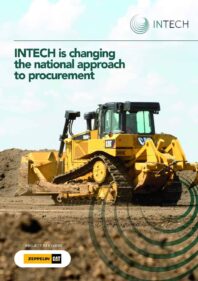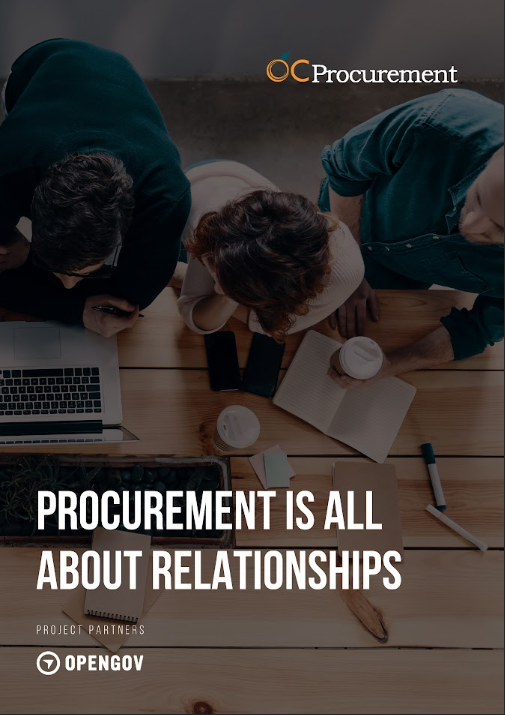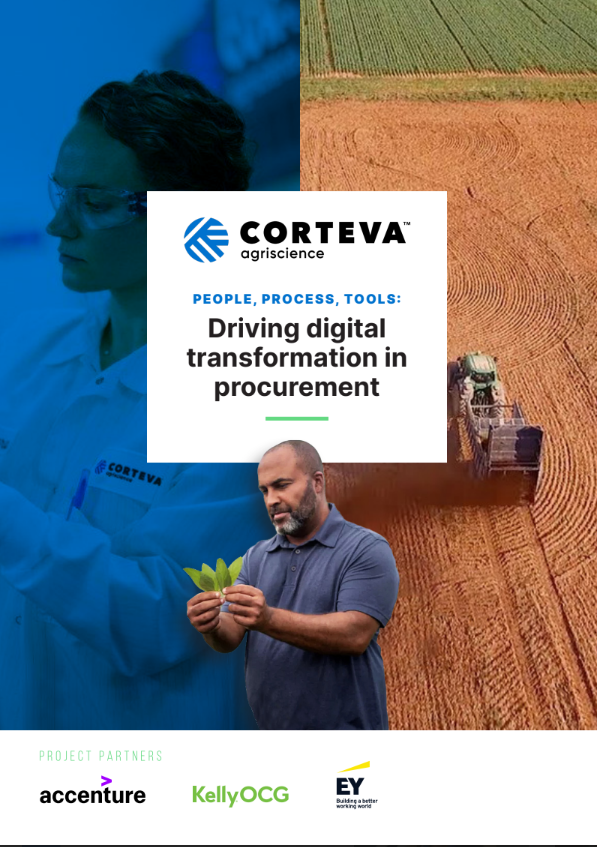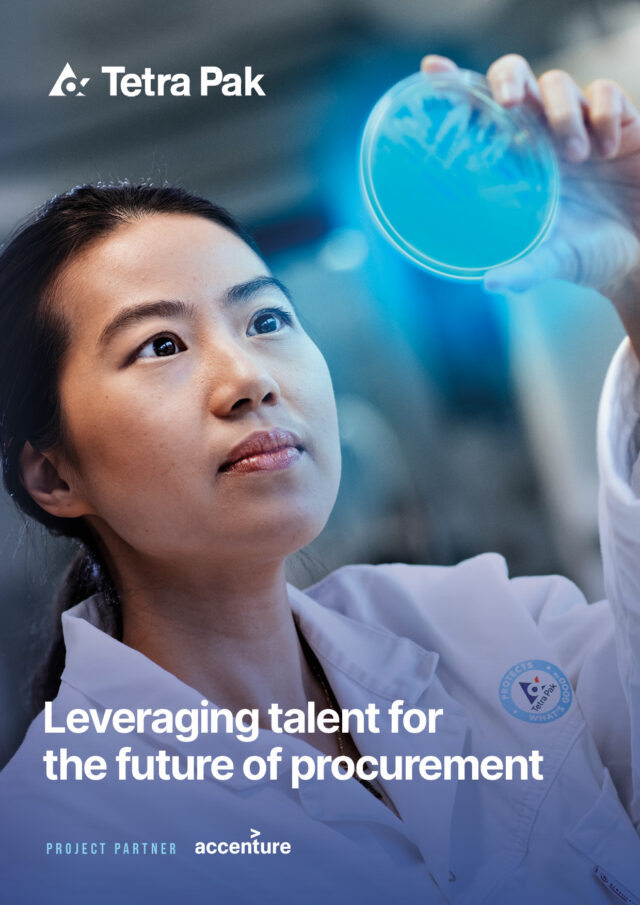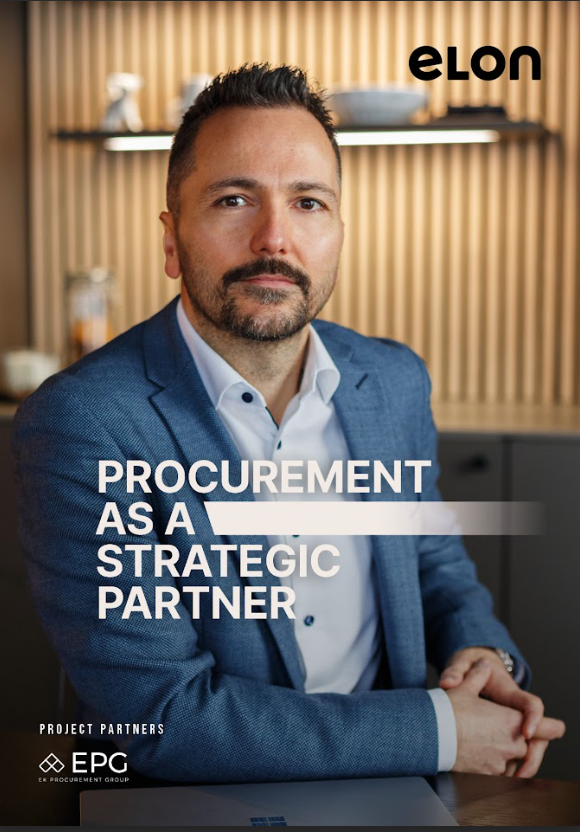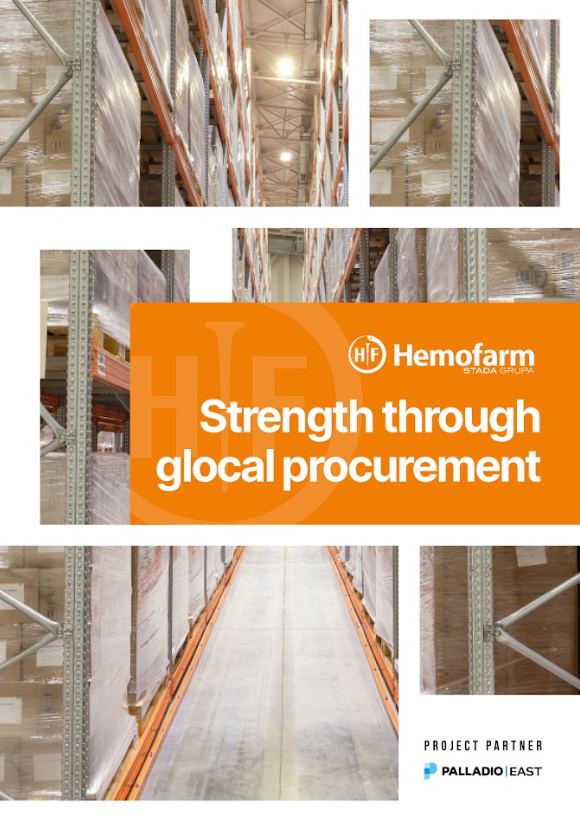A real success story in the Ukrainian business world, UMG Investments has portfolio companies in three industries: mining; by-products and production waste management; and industrial goods and services – which is represented by INTECH. In 2019, the value of assets managed by UMG Investments was over $500m.
“INTECH started in 2017, and we are getting bigger and bigger,” explains Alena Kuramshyna, INTECH’s Procurement Director. A woman of many talents, Kuramshyna has over 14 years of operational experiences, six of which have been in leadership roles. She initially joined UMGI as Deputy Director of Procurement, and then became Head of Integrated Procur-ement for the whole of the UMGI portfolio.
Transforming the landscape
One particular talent of Kuramshyna is the implementation of transformational change and automation – so how has she applied this to INTECH over the last four years? “When I became the Director of Procurement, this direction was partially decentralised, not regulated in the best and most effective manner, and not automated,” she says. “And category management was not implemented at that time. This was at the point when UMGI was on the way to become an investment company, and they needed transformation policies recognised in the best and the most suitable and effective programs, due to the challenges involved.
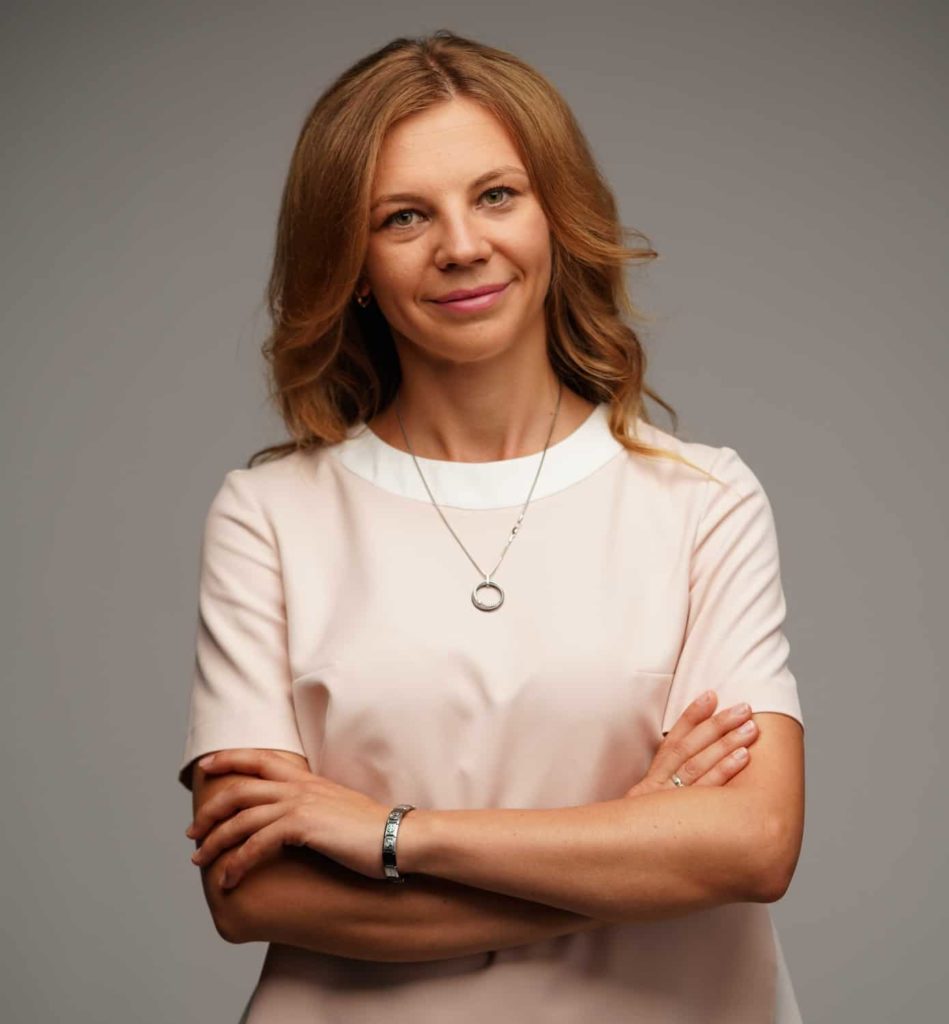
“For a long period of time, we were looking for the best solution. We decided to create a special department – which I am head of – in order to centralise procurement, and work on optimisation and finding the best combination of decisions applying separately for each business and integrated into one single procurement policy. Now we have full transparency in invoicing, deliveries, payments, and so on. We’re seeing huge improvements; previously, this system was less effective and we couldn’t clearly see the whole P2P process. We were so creative and found a Ukrainian document management system combined with a tender procurement platform, so we integrated them, and built this process with two systems.”
Fortunately, for Kuramshyna and her team, INTECH’s recent audit confirmed that the process is now transparent, and showed growth in the maturity of the procurement processes. The second type of transformation that Kuramshyna has worked on, on a smaller scale, is creating synergy and economy for the centralised categories. Her team are experts in their categories for all the portfolio companies of UMGI. They create all the regulating procurement docs and standards that work like franchises for all the enterprises of UMGI. She and her team sometimes work like procurement outsource departments.
“We managed to introduce category management at the highest level; thus INTECH is considered the best in Ukraine in this sphere. All of this streamlining was a huge project, it took three years,” says Kuramshyna. “Still we have a lot to improve and we are not going to stop. In order to cope with this challenge we have created a special educational program for our procurement teams. We have a motto: never give up and be better today than you were yesterday.”
The COVID-19 effect
Due to that hard work INTECH remained in a very good stead when the pandemic brought much of the world to a halt in March 2020. “Thanks to the transformation we had already been through, we managed to continue with a lot of things,” Kuramshyna says. “We were able to act quickly because we had a clean process and effective procurement strategies.
At the beginning of the pandemic, because we had everything centralised, we were able to do things like buying masks and antiseptics and providing them to all our enterprises better and quicker.”
Due to the closed boards and lack of necessary commodities, suppliers in Ukraine didn’t prioritise smaller businesses –– because they’re not considered to be worth much money. “But, as we have our good name and our reputation as a clear, transparent, open and honest buyer and payer, we managed to cope with all the difficulties easily and quickly enough,” Kuramshyna adds. “If we didn’t have such a position on the market, it would have been rather different.” Being so flexible and ready for even the effects of a global pandemic meant that INTECH was also able to care for its partners without much difficulty – a huge comfort for everybody involved at such a difficult time.
“We didn’t feel the blow of the pandemic very hard, and we’ve managed to cope with difficulties very quickly,” says Kuramshyna. “We had some challenges with the raw materials from China and needed to make quick decisions, but most of the companies were in the same position. We’ve managed to continue with our investment and operational activities, and still had a very successful year last year. We were among one of the few companies that managed to overcome the pandemic with no loss.”
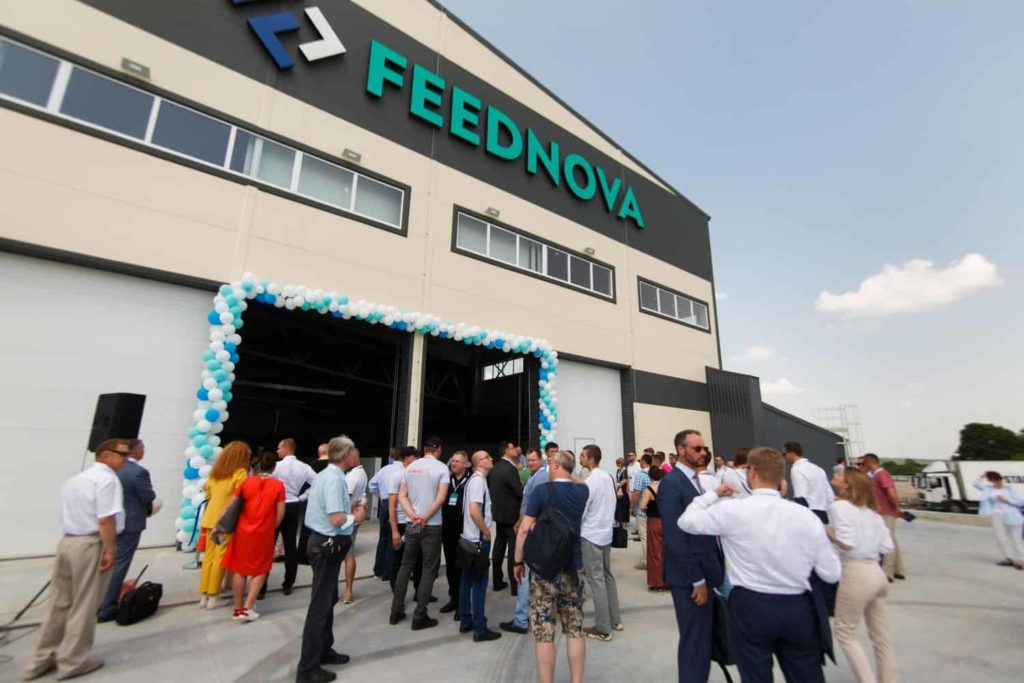
Procurement in Ukraine
INTECH – and, more broadly, UGMI – are really rare birds on the Ukranian market, and due to this fact the company has streamlined procurement in a way that most of its local peers haven’t been able to. “Ukranian companies – not the huge giants like Coca-Cola and Nestlé that have representative offices here, but the locals – usually don’t have mature and strong procurement,” Kuramshyna explains. “They still use paper documents and work like transaction departments. We have already found better ways and moved to a level a bit higher than the rest of the market in our procurement activities. And, of course, we have put a lot into education in this sphere. Our board in the transformation process and innovations supports us, and that gives us abilities to move quicker in implementing best practices in procurement and keeping up-to-date.”
Their main issue, according to Kuramshyna, is until the businesses realise the importance of the function they will not be able to manage the risks effectively. However, INTECH itself is working towards changing the national approach to procurement, through education. Kuramshyna, who is a trainer in category management and procurement, says: “A few years ago, people were reluctant to learn, but now companies are investing in their education. My company puts up a lot of money into education – especially procurement education – considering it’s the best way to get great professionals in the future.”
Category management
Something that Kuramshyna is very keen to stress the importance of, and to encourage other businesses to implement, is the category management. As previously mentioned, it’s something INTECH has got very right, thanks to being made up of dynamic people. “Despite that, we know that simple procedures don’t always work. We had to figure out what worked best for us; I was searching for best practices and I found category management, and started learning a lot how it works. I had a lot of meetings to involve the board and get them to accept my decision that it was the direction to go in.”
Category management has been an invaluable tool for INTECH, especially having previously used a lot of paper documents – a problem, as Kuramshyna already discussed, that’s prevalent in Ukrainian businesses. “If you don’t have data, you have nothing to do with the category,” she explains, “and if that data is on paper, it’s useless to the system and category management. It’s the tool Ukrainian companies lack, but they need it. It has made us flexible, and allowed us to navigate our way through the pandemic and other crises. Category management allows quick reactions on market changes and reveals the risks, and, as a result, can help to prevent them. It opens the wide picture of running spending and gives procurement teams new possibilities for yielding additional value to business. You see the whole channel from the end-user of your service or product right through to the third chain of suppliers.”
In Kuramshyna’s words, digital data on a category spreadsheet allows to have a helicopter view, creating a world of possibilities. “Category management also helps us to make operational decisions.
Before, it was like ‘okay, we have no numbers’, and now we have figures that are very visible, and we can say ‘stop working this way’, very quickly if we need to. Category management shows the way to decisions that are quick and right.”
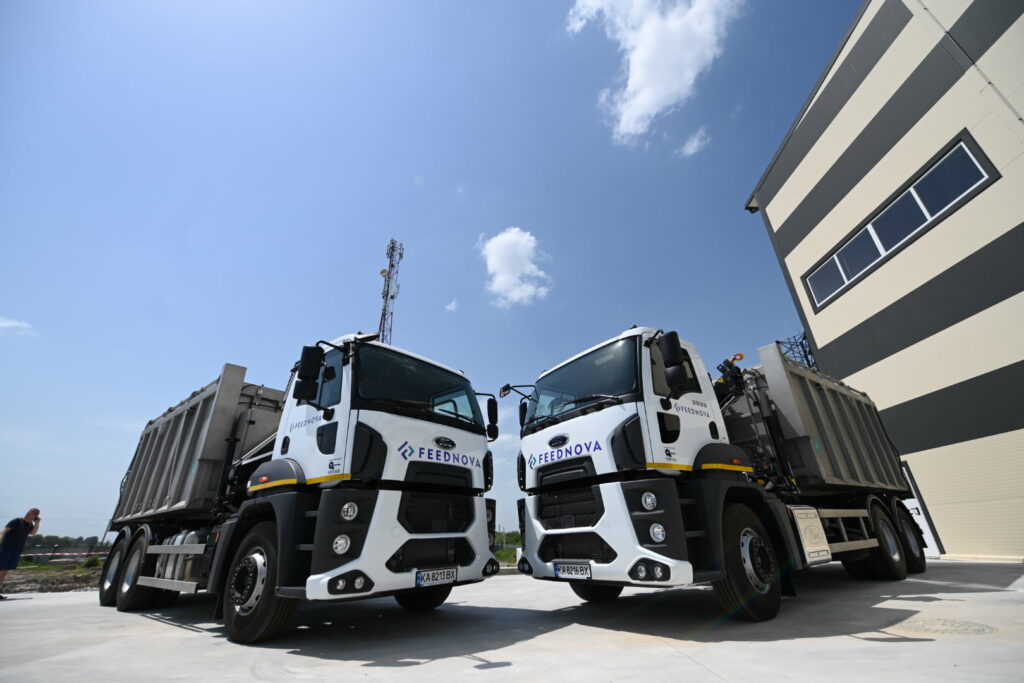
Back to normality
As the world reopens – something that is far easier for businesses like INTECH, which made the necessary changes before the pandemic could devastate other companies – road maps are, unsurprisingly, being rewritten. For Kuramshyna and her team, however, not a great deal of change is required.
“Mostly, we are studying how to manage risks better; we’re taking into consideration that, for example, China could close down at any moment. That’s why we always need alternatives, because we are working with raw materials that normally come from China. We’re planning ahead more, placing orders earlier, and dynamically checking our main procurement strategy and making changes to it, to make sure we’re ready for anything.
“Summing up, there is no better tool anywhere than the right person at the right place. My team is the main achievement of the procurement side of INTECH – I am proud of them.”
